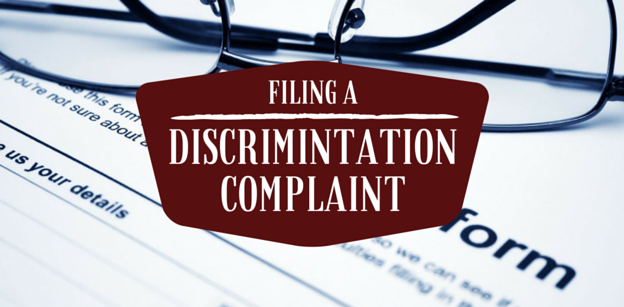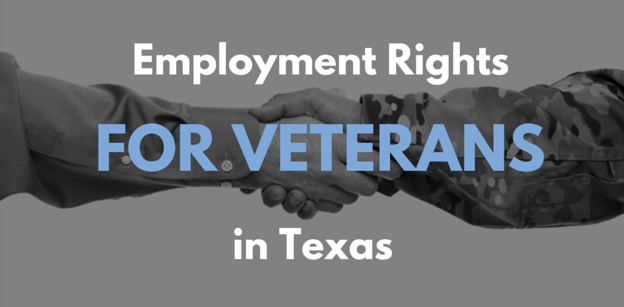The Equal Employment Opportunity Commission (EEOC) was created by Congress in 1964, after the passage of the Civil Rights Act of 1964. Title VII of the Civil Rights Act of 1964 was enacted to prohibit discrimination in employment based on color, national origin, race, religion, and sex. The initial role of the EEOC was to investigate complaints of employment discrimination and to attempt to conciliate (resolve) complaints in which the EEOC found reasonable cause to believe that discrimination had, in fact, occurred. If the EEOC was unsuccessful in resolving the complaint, then the individual had the right to bring a private lawsuit against his/her employer.
Almost immediately after its formation, the EEOC experienced a backlog of complaints with thousands more filed in the first year than initially expected. While the number of charges of discrimination amounted to fewer than 10,000 in its first year, the current total fluctuates between about 75,000 and 100,000 each year. With such high numbers of complaints being filed, the EEOC still experiences backlogs. These backlogs continue to cause delays in the investigation process, and it will oftentimes take a year or more before the EEOC issues its determination and right to sue.
The early years of the EEOC were spent interpreting and defining the anti-discrimination laws and providing employees and employers across the country with guidelines. Throughout the years, the EEOC has played an integral role in
- investigation allegations of employment discrimination
- fighting on behalf of employees to ensure that they receive the fullest protections under the various federal laws listed below
- In 1972, the EEOC was granted authority by Congress to file lawsuits against employers to enforce the anti-discrimination laws.
This power finally gave the EEOC the influence that it so desperately needed.
In 1967 came the passage of the Age Discrimination in Employment Act (ADEA). The ADEA provided added employment protections for individuals over the age of 40, which Congress had specifically left out of Title VII of the Civil Rights Act of 1964. Initially, the ADEA was enforced by the U.S. Department of Labor, but it was later moved under the purview of the EEOC in 1978, along with the Equal Pay Act of 1963.
Today, the EEOC enforces the following federal statutes:
Individuals who believe that they have experienced discrimination in employment are encouraged to pursue a charge of discrimination with the EEOC. It is imperative that you file with the EEOC before you will have the legal right to file a lawsuit. While you are not required to have an attorney represent you in the process, it can be invaluable having an experienced employment lawyer in your corner.









